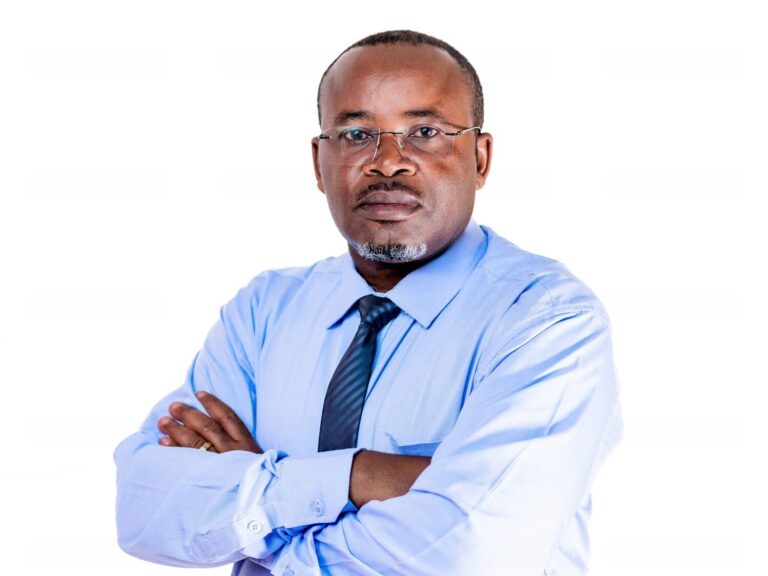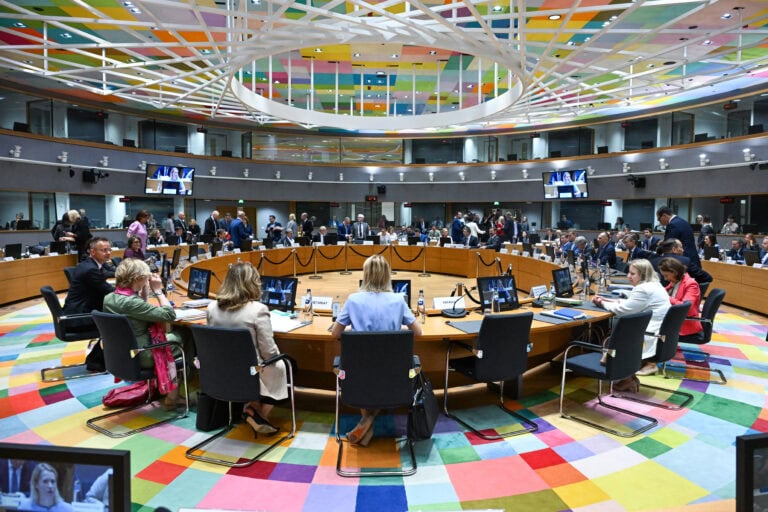A pivotal figure in combating COVID-19 in his nation, Dr Kakasingi also serves as President of CONAFOHD, a network of over 480 local and national actors. The network has a strategic focus on accelerating the localisation of humanitarian action and realising the Grand Bargain, a set of commitments which include equitable partnerships and locally-led response. Humanitarian actors in the DRC are responding to the needs of communities displaced due to violence and atrocities. They are also dealing with the effects of catastrophic levels of sexual violence, committed primarily against women and girls.
How have local and national actors dealt with chronic underfunding for humanitarian work?
The Congolese crisis receives little media coverage and is seen as a forgotten and under-funded crisis. In addition, this funding decreases a little more each year. The DRC is a huge country with difficult access due to a lack of infrastructure, a situation that has led to the creation of several NGOs and local associations (estimated at around 5,000) to respond to people in need. These organisations are there before, during and after the crises. Over time, these NGOs have built up a wealth of experience in managing humanitarian crises and disasters. However, they need to coordinate better to make their voices heard and gain access to quality funding.
We also put a lot of effort into advocacy to try to attract the attention of donors to our activities. We favour less costly approaches that encourage the transfer of more money to communities, such as community-led response.
What are three of the challenges for NGOs responding to humanitarian crises?
- Most of the humanitarian funding is not accessible to local and national NGOs.
- There is no direct negotiation framework for NGOs with donors.
- A very high level of due diligence means national NGOs have to follow requirements that are unnecessary in operational terms.
Given all these difficulties, what gives you hope for locally-led crisis response in the DRC?
The opening of dialogue on localisation with the Humanitarian Country Team (HCT) and the Forum of International NGOs, and the support of certain international NGOs in this process. DKH’s support for CONAFOHD opens the way […] to organise more efficiently and take part in more dialogues to promote the need to put national NGOs at the forefront of humanitarian action in the DRC. The Humanitarian Coordination team has, for example, invited us to review the humanitarian funding strategy for localisation in the DRC before adoption this year. This engagement has not happened before.
How does the new network of national and local NGOs in the DRC improve positioning vis-à-vis donors and international NGOs?
Being a network of over 480 members gives us recognition with the government, UN agencies, donors, embassies in the DR Congo and the Forum of International NGOs. CONAFOHD is present in all levels of the humanitarian architecture governing decision-making and coordination. As CONAFOHD, we have organized a national symposium on localisation to which other actors were invited.
Donors and international NGOs are giving us more and more consideration and are tentatively starting to consult us on certain decisions. They are more interested in who we are and what we can contribute to humanitarian action.
An appropriate role for international actors
What role should international partners play in effective aid systems?
Our international partners should play the role of guarantor to donors and technical mentor to ensure that we have reached the technical, programmatic and logistical level required to intervene effectively and respond adequately to humanitarian needs. The example of Diakonie Katastrophenhilfe confirms that this is the best role for our international partners to play. In other words, to train, support and advocate with donors to form a complementary team with one objective: a quality humanitarian response.
Localisation continues to receive a great deal of media coverage, but heads of mission do not receive clear instructions on how to implement it in the countries where localisation is to be applied. The media sees some agencies as champions, but in practice, they still have policies in place which hinder localisation. It is not uncommon to hear a head of mission tell you that our internal policies have not changed and that we are therefore unable to collaborate directly with local players, or that our policies do not allow us to fund national NGOs directly, even though we are signatories to the Grand Bargain.
Find out more: the European Humanitarian Forum 2024 saw Dr Kakasingi join senior humanitarians from around the world engaging with EU and Member State donors and civil society on locally-led response in fragile and forgotten crises.



